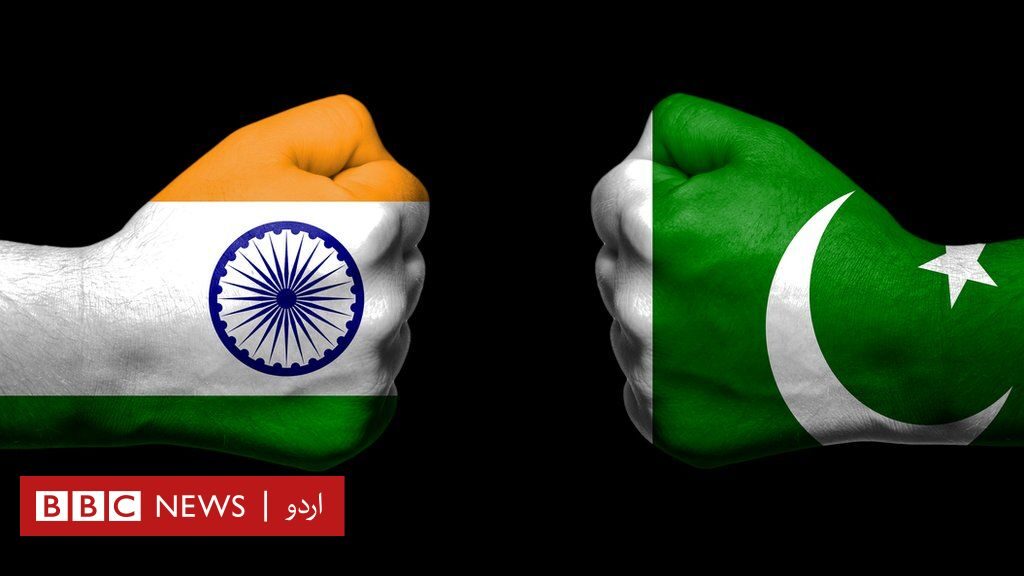India’s diplomatic ambitions tested as Trump pushes for deal on Kashmir
India’s rapid rise as the world’s fifth-largest economy has boosted its confidence and clout on the world stage, where it has played an important role in addressing regional crises such as Sri Lanka’s economic collapse and the Myanmar earthquake.

By Reuters
India and Pakistan have stepped back from the brink of all-out war, with a nudge from the US, but New Delhi’s aspirations as a global diplomatic power now face a key test after President Donald Trump offered to mediate on the dispute over Kashmir, analysts said.
India’s rapid rise as the world’s fifth-largest economy has boosted its confidence and clout on the world stage, where it has played an important role in addressing regional crises such as Sri Lanka’s economic collapse and the Myanmar earthquake.
But the conflict with Pakistan over Kashmir, which flared up in recent days with exchanges of missiles, drones and air strikes that killed at least 66 people, touches a sensitive nerve in Indian politics.
How India threads the diplomatic needle – courting favour with Trump over issues like trade while asserting its own interests in the Kashmir conflict – will depend in large part on domestic politics and could determine the future prospects for conflict in Kashmir.
“India … is likely not keen on the broader talks (that the ceasefire) calls for. Upholding it will pose challenges,” said Michael Kugelman, a South Asia analyst based in Washington.
In a sign of just how fragile the truce remains, the two governments accused each other of serious violations late on Saturday.
The ceasefire, Kugelman noted, was “cobbled together hastily” when tensions were at their peak.
Trump said on Sunday that, following the ceasefire, “I am going to increase trade, substantially, with both of these great nations”.
Indian Prime Minister Narendra Modi, for his part, has not commented publicly on the conflict since it began.
The top issue for Pakistan, diplomats and government officials there said, would be the Indus Waters Treaty, which India suspended last month but which is a vital source of water for many of Pakistan’s farms and hydropower plants.
“Pakistan would not have agreed (to a ceasefire) without US guarantees of a broader dialogue,” said Bilawal Bhutto Zardari, a former foreign minister and currently chairman of the People’s Party of Pakistan, which supports the government.
Moeed Yusuf, former Pakistan National Security Advisor, said a broad agreement would be needed to break the cycle of brinksmanship over Kashmir.
“Because the underlying issues remain, and every six months, one year, two years, three years, something like this happens and then you are back at the brink of war in a nuclear environment,” he said.